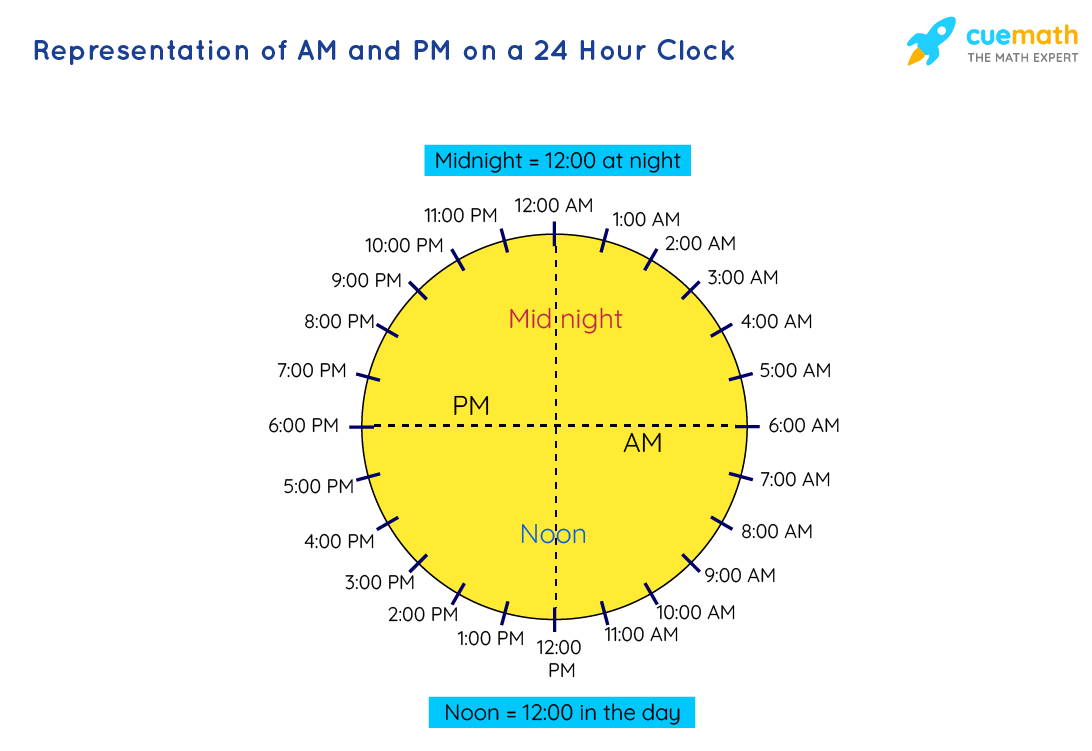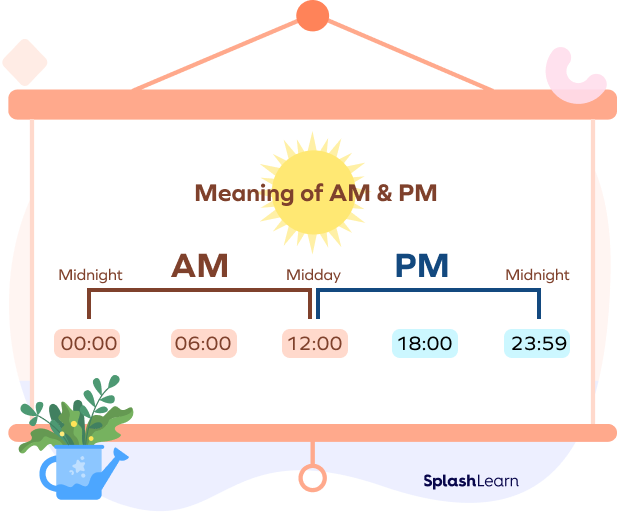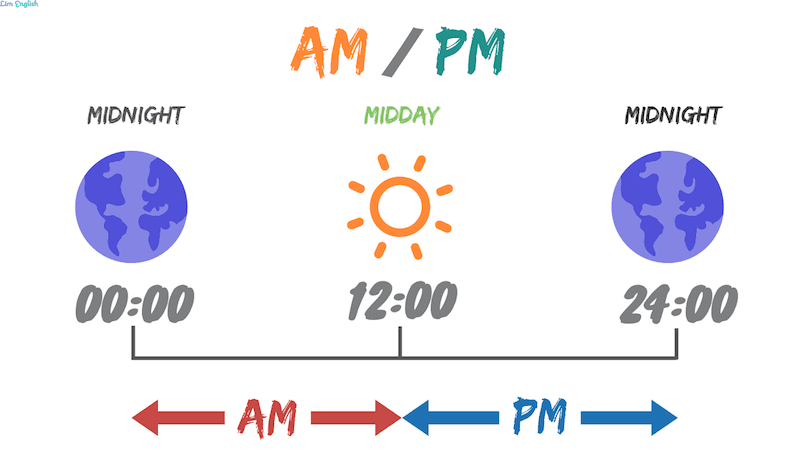Ever heard the phrase "I am my perimeter and my perimeter is me"? It’s a bold statement that captures the essence of self-identity tied to boundaries. Emerging from the gaming world, this phrase has sparked discussions far beyond its origins in Tom Clancy’s Rainbow Six Siege. At its core, it’s about understanding how we define ourselves through the limits we set. The quote, originating from streamer Snapiyy, has become a cultural touchstone for exploring the intersection of personal space and self-expression.
This phrase might sound like a simple sentence from a video game, but it carries layers of meaning. It invites us to think about the relationship between our personal boundaries and our identity. How do we protect ourselves while staying true to who we are? What does it mean to be your own boundary in a world that constantly tests our limits? These are the questions the phrase raises, making it more than just a catchy line from a game.
As we delve into this concept, it’s important to understand its origins and significance. The phrase resonates with people because it taps into a universal truth: we all have boundaries that define us. Whether in gaming or real life, these limits shape how we interact with the world. Let’s explore how this idea has evolved and what it means for our understanding of self and space.
What Does "I Am My Perimeter" Mean?
At first glance, the phrase "I am my perimeter" might seem a little abstract. But when you think about it, it’s all about owning your space. It’s like saying, “I am the line that keeps me safe.” Imagine you're in a situation where you need to hold your ground, and this becomes your mantra. It’s not just about physical space; it’s about emotional and mental boundaries too. The idea is that your limits define you, and you define your limits.
So, what does it mean to be your own boundary? It’s about recognizing your comfort zones and sticking to them. You know what makes you feel secure, and you’re not afraid to stand by those feelings. It’s a bit like building a fortress around your heart, but one that you control completely. In a way, it’s empowering because it puts the power back in your hands.
Why Does the Phrase Resonate So Much?
There’s something deeply relatable about the idea of being your own perimeter. People connect with it because it speaks to a common experience: the struggle to maintain personal space in a crowded world. It’s like a reminder that it’s okay to have boundaries and that those boundaries are part of who you are. The phrase resonates because it acknowledges the importance of self-protection without losing sight of self-expression.
For many, it’s a call to action. It encourages you to think about what makes you feel safe and to honor those feelings. It’s not about shutting others out but about creating a space where you can truly be yourself. In a world that often demands we compromise our limits, this phrase is a gentle nudge to remember that our boundaries are valid and necessary.
How Does "I Am My Perimeter and My Perimeter is Me" Apply to Daily Life?
When you think about it, the concept applies to everyday situations more than you might realize. It’s about knowing when to say no and when to let people in. For instance, maybe you have a friend who constantly oversteps your boundaries. Saying "I am my perimeter" could be your way of reminding yourself that it’s okay to set limits. It’s about protecting your mental and emotional well-being while still being open to meaningful connections.
In the workplace, it might mean standing up for your ideas or setting clear expectations. It’s about creating a balance where you can thrive without feeling overwhelmed. The phrase encourages you to think about how you interact with others and to make sure those interactions align with your values. It’s a reminder that your boundaries are part of what makes you unique.
Who is Snapiyy?
| Name | Snapiyy |
|---|---|
| Occupation | Streamer, Content Creator |
| Known For | Popularizing the phrase "I am my perimeter and my perimeter is me" |
| Platforms | Twitch, Kick, TikTok |
| Games | Tom Clancy's Rainbow Six Siege |
Snapiyy is more than just a gamer; he’s a content creator who has made waves in the streaming world. Known for his unique style and engaging personality, he’s become a household name in the gaming community. His ability to connect with audiences has made him a favorite among fans of Tom Clancy’s Rainbow Six Siege. Beyond gaming, his content often touches on themes of self-expression and identity, making him a thoughtful voice in the industry.
His journey in the gaming world has been nothing short of inspiring. From humble beginnings to becoming a recognized figure, Snapiyy has shown that passion and authenticity can take you far. His fans appreciate his honesty and his willingness to share personal insights through his streams. It’s no wonder that his phrase "I am my perimeter and my perimeter is me" has struck a chord with so many people.
Where Did the Phrase Originate?
The origins of "I am my perimeter and my perimeter is me" trace back to a tense moment in a game of Tom Clancy’s Rainbow Six Siege. Snapiyy, during a particularly challenging match, uttered these words as a declaration of resilience. In that moment, it wasn’t just about winning; it was about holding your ground and staying true to yourself. The phrase quickly caught on, becoming a rallying cry for gamers and non-gamers alike.
It’s fascinating how something said in the heat of the moment can take on a life of its own. The phrase resonated because it captured a universal truth: sometimes, the best defense is knowing who you are and what you stand for. For Snapiyy, it was a way of expressing his commitment to his craft and his audience. It’s a reminder that even in virtual worlds, our actions and words can have real-world significance.
How Can I Identify My Perimeter?
Identifying your perimeter is like figuring out what makes you feel safe and secure. It’s a personal journey that varies from person to person. Sometimes, it’s about recognizing the things that make you uncomfortable and setting limits around them. For example, maybe you don’t like being interrupted during important tasks. That’s your perimeter, and it’s important to honor it.
Another way to think about it is to consider what makes you feel at ease. Are there certain environments or situations where you feel most like yourself? Those are clues to your boundaries. It’s a bit like mapping out your personal comfort zone. The key is to be honest with yourself about what you need and to communicate those needs to others. After all, knowing your perimeter is the first step to being your perimeter.
Why Are Boundaries Important?
Boundaries are crucial because they help us maintain our well-being. They’re like invisible fences that keep us safe from harm, whether it’s emotional, mental, or physical. When we set boundaries, we’re saying, “This is what I need to feel good about myself.” It’s a way of protecting our inner world while still being open to the outside.
Without boundaries, we risk losing ourselves in the demands of others. It’s easy to get caught up in trying to please everyone, but that often leads to burnout. Setting limits allows us to focus on what’s truly important to us. It’s a bit like giving yourself permission to prioritize your needs without feeling guilty. In the long run, it helps us build healthier relationships and a stronger sense of self.
How Does the Phrase Relate to Self-Identity?
The phrase "I am my perimeter and my perimeter is me" speaks volumes about self-identity. It suggests that our boundaries are an extension of who we are. When we define our limits, we’re also defining ourselves. It’s a powerful reminder that our identity isn’t just about what we do or how we look; it’s about how we interact with the world around us.
In some respects, it’s about embracing the parts of ourselves that make us unique. Our boundaries are a reflection of our values, beliefs, and experiences. They’re what make us who we are. By owning our perimeter, we’re saying, “This is me, and I’m okay with it.” It’s a celebration of individuality and a call to honor the things that make us special.
Can "I Am My Perimeter" Be Applied to Other Contexts?
Absolutely! The idea of being your own perimeter can apply to almost any area of life. In relationships, it’s about knowing what you need to feel loved and respected. At work, it’s about setting expectations that align with your goals and values. Even in creative pursuits, it’s about staying true to your vision while being open to feedback.
For example, maybe you’re working on a big project, and you need time to focus without distractions. Saying "I am my perimeter" could be your way of reminding yourself to carve out that space. It’s about creating a balance where you can thrive without feeling overwhelmed. The phrase is versatile, making it a useful tool for navigating various aspects of life.
What Impact Has the Phrase Had on Perception?
The impact of "I am my perimeter and my perimeter is me" extends beyond the gaming community. It’s sparked conversations about the importance of boundaries in all areas of life. People are starting to see their limits not as barriers but as essential parts of their identity. This shift in perception is empowering because it reframes boundaries as strengths rather than weaknesses.
It’s also encouraged a more thoughtful approach to how we interact with others. By recognizing that everyone has their own perimeter, we can be more empathetic and understanding in our relationships. The phrase has become a symbol of self-awareness and mutual respect, reminding us that our boundaries are just as important as those of others.
Final Summary
In summary, the phrase "I am my perimeter and my perimeter is me" is more than just a line from a game. It’s a powerful reminder of the importance of boundaries in shaping our identity. Whether in gaming, relationships, or daily life, it encourages us to honor our limits while staying true to ourselves. Originating from streamer Snapiyy, the phrase has resonated with people across different contexts, highlighting the universal need for self-protection and self-expression. Ultimately, it’s about finding balance and strength in knowing who we are and what we need.



